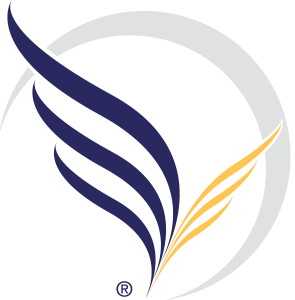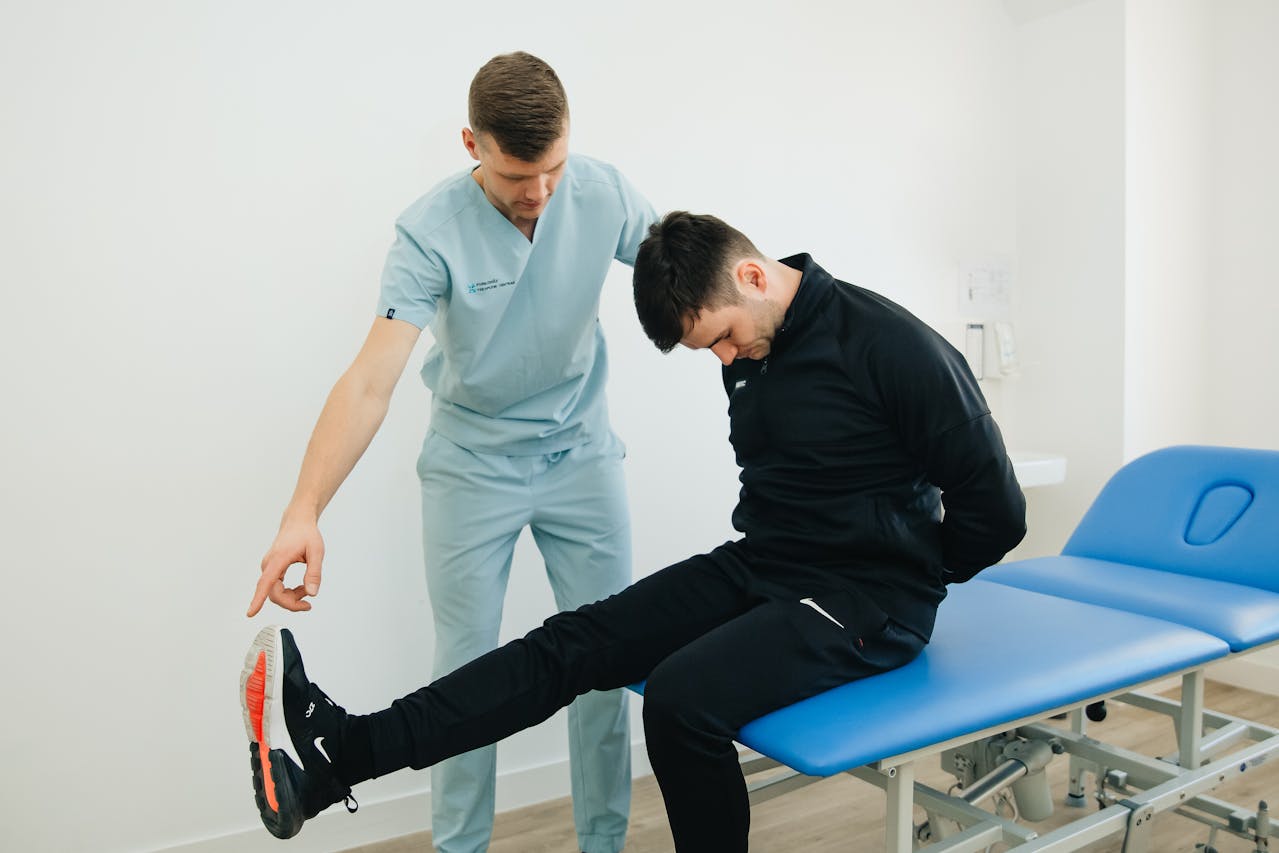Why You Should Not Ignore Varicose Veins
First, sleep apnea should not be ignored. And if you have sleep apnea and varicose veins they should not be ignored either. This combination can lead to serious health complications if left untreated, including chronic pain, skin ulcers, and even blood clots. This is where early intervention in both conditions can be a lifesaver and a game changer for you. Understanding the role of sleep apnea in exacerbating venous issues is crucial for early intervention and treatment.
Varicose Veins and Chronic Pain
Chronic pain associated with varicose veins can significantly impact your quality of life. This pain is often due to increased pressure in the veins, inflammation, and the pooling of blood. In severe cases, varicose veins can lead to venous ulcers, which are open sores that form when the skin breaks down due to poor blood flow. These ulcers are not only painful but can also be challenging to heal and prone to infection.
Blood Clots
Blood clots are another serious complication associated with varicose veins. Deep vein thrombosis (DVT), a condition where blood clots form in the deep veins of the legs, can be life-threatening if a clot breaks loose and travels to the lungs, causing a pulmonary embolism (PE). Sleep apnea, by contributing to poor circulation and increased blood pressure, can heighten the risk of DVT.
Recognizing the signs of varicose veins and understanding their connection to sleep apnea can help you seek timely medical advice and avoid these complications. Symptoms of varicose veins include aching, heavy legs, swelling, throbbing, and visible veins that are twisted and bulging, though not all varicose veins are visible.
How to Manage the Risks of Varicose Veins with Sleep Apnea
If you have been diagnosed with sleep apnea, with or without symptoms like leg swelling or varicose veins, it’s important to undergo a comprehensive evaluation with a vein specialist. This typically involves a thorough vascular examination to assess the health of your veins.
Your vein specialist visit should begin with a review of your medical history and symptoms. They may ask about your sleep apnea management, any difficulties you have staying asleep, and other health concerns. Understanding your overall health and lifestyle is crucial for a comprehensive assessment and tailored treatment plan.
Your vein evaluation will begin with a vein-specific physical exam and include other diagnostic tests to evaluate the condition of your veins, as deemed appropriate for your history and exam. These tests usually begin with a duplex ultrasound vein mapping study, which uses sound waves to visualize the veins and assess blood flow. In some cases, additional testing may be recommended based on your presenting problems. The goal is to create a detailed picture of your vein health and a plan of care for you to enjoy Better Veins for Life®.
Consulting a Vein Specialist for Sleep Apnea-Related Venous Disease
Consulting with a vein specialist is a vital step in managing these interconnected health concerns. At Vein Specialists of the South, we use advanced diagnostic tools to assess vein health and create personalized treatment plans. Treatments can range from lifestyle modifications and compression therapy to minimally invasive procedures designed to improve vein function and alleviate symptoms.
Lifestyle Changes for Improved Health
Lifestyle modifications are often the first line of treatment for managing varicose veins. These modifications can include losing weight, exercising regularly, elevating the legs to reduce swelling, and avoiding prolonged periods of standing or sitting. Compression therapy, which involves wearing specially designed stockings to improve blood flow, can also be effective in reducing symptoms.
Vein Care
If you have severe signs and symptoms of vein problems there are minimally invasive procedures to meet your needs. These procedures are tailored especially for you to correct the root cause of your problems which is often hidden from sight and only seen on ultrasound. And to treat your visible spider veins or bulging varicose veins. These treatments are performed on an outpatient basis, with minimal discomfort and no downtime. You will appreciate that your care is “walk-in, walk-out” with little to no downtime for most patients. You may need a protective wrap for a day or two and then into your compression socks, as you recover. Most times you will only need over-the-counter acetaminophen (Tylenol) for discomfort.
Our team at Vein Specialists of the South is committed to providing comprehensive care tailored to your unique needs. We take a multidisciplinary approach, working closely with sleep specialists, cardiologists, and other healthcare providers to ensure that all aspects of your health are addressed.









